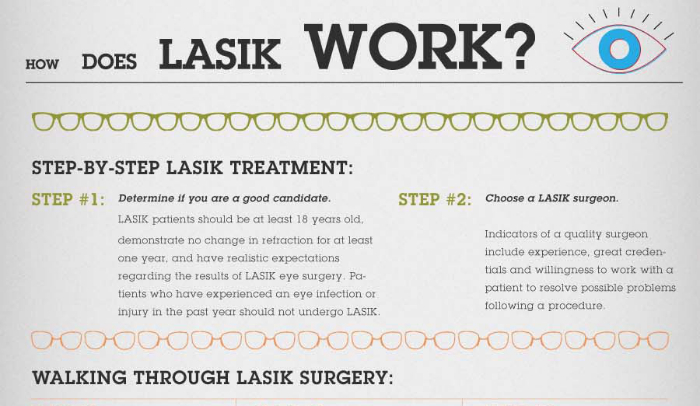The Clear-Cut FAQ On Refractive Lens Exchange: Trick Insights You Have To Comprehend
The Clear-Cut FAQ On Refractive Lens Exchange: Trick Insights You Have To Comprehend
Blog Article
Created By-Blanton Espinoza
If you're thinking about refractive lens exchange, you most likely have a great deal of inquiries. This procedure can transform exactly how you see the world, offering benefits like reduced dependence on glasses. Nevertheless, it's necessary to recognize the procedure, dangers, and that qualifies as a great prospect. Let's check out these essential facets so you can make an enlightened choice concerning whether RLE is right for you.
What Is Refractive Lens Exchange and Exactly How Does It Function?
Refractive lens exchange (RLE) is a surgery designed to change your eye's all-natural lens with a fabricated one, fixing vision issues like nearsightedness, farsightedness, or presbyopia.
Throughout the procedure, your doctor makes a small cut in the eye, eliminates your all-natural lens, and inserts an intraocular lens (IOL) tailored to your vision needs. This outpatient surgery typically takes about 15 to thirty minutes per eye and is performed under regional anesthesia.
You'll likely observe improvements in your vision almost instantly, though complete recovery might take a few weeks. RLE is especially useful for those over 40 or with high prescriptions, supplying a resilient option contrasted to glasses or contact lenses.
Your eye care professional can help determine if RLE is right for you.
What Are the Perks and Risks of Refractive Lens Exchange?
Selecting refractive lens exchange can lead to substantial improvements in your vision, however it is very important to weigh both the benefits and threats before deciding.
On the bonus side, this treatment can boost your sight by dealing with issues like presbyopia, myopia, and hyperopia. Several clients enjoy reduced dependancy on glasses or get in touch with lenses, which can significantly improve their lifestyle.
Nonetheless, it's important to take into consideration possible threats. Difficulties can consist of infection, glow, or halos around lights.
There's also visit the next website of overcorrection or undercorrection, which might need added procedures.
Who Is an Ideal Candidate for Refractive Lens Exchange?
If you're taking into consideration refractive lens exchange, it is necessary to recognize whether you fit the account of a suitable candidate. Normally, https://click4r.com/posts/g/20373392/refractive-lens-exchange-a-thorough-overview-for-superior-vision may be a good prospect if you more than 40, experience presbyopia, or have high levels of nearsightedness or farsightedness.
It's also critical that your vision is stable, indicating your prescription hasn't altered considerably in the past year. If you have cataracts or other eye problems, you may gain from this procedure too.
Nevertheless, certain aspects, like unrestrained diabetes mellitus or autoimmune conditions, might invalidate you. To establish your candidacy, speak with an eye care expert that can evaluate your particular situation and advise the best course of action tailored to your requirements.
Laser Vision Correction
In conclusion, refractive lens exchange can be a transformative choice for enhancing your vision, specifically if you more than 40 or have a high prescription. While the advantages are significant, it's essential to evaluate the threats and consult with your eye treatment professional to establish if you're an excellent prospect. With the best details and advice, you can make an informed decision and perhaps delight in a life with decreased dependancy on glasses.
